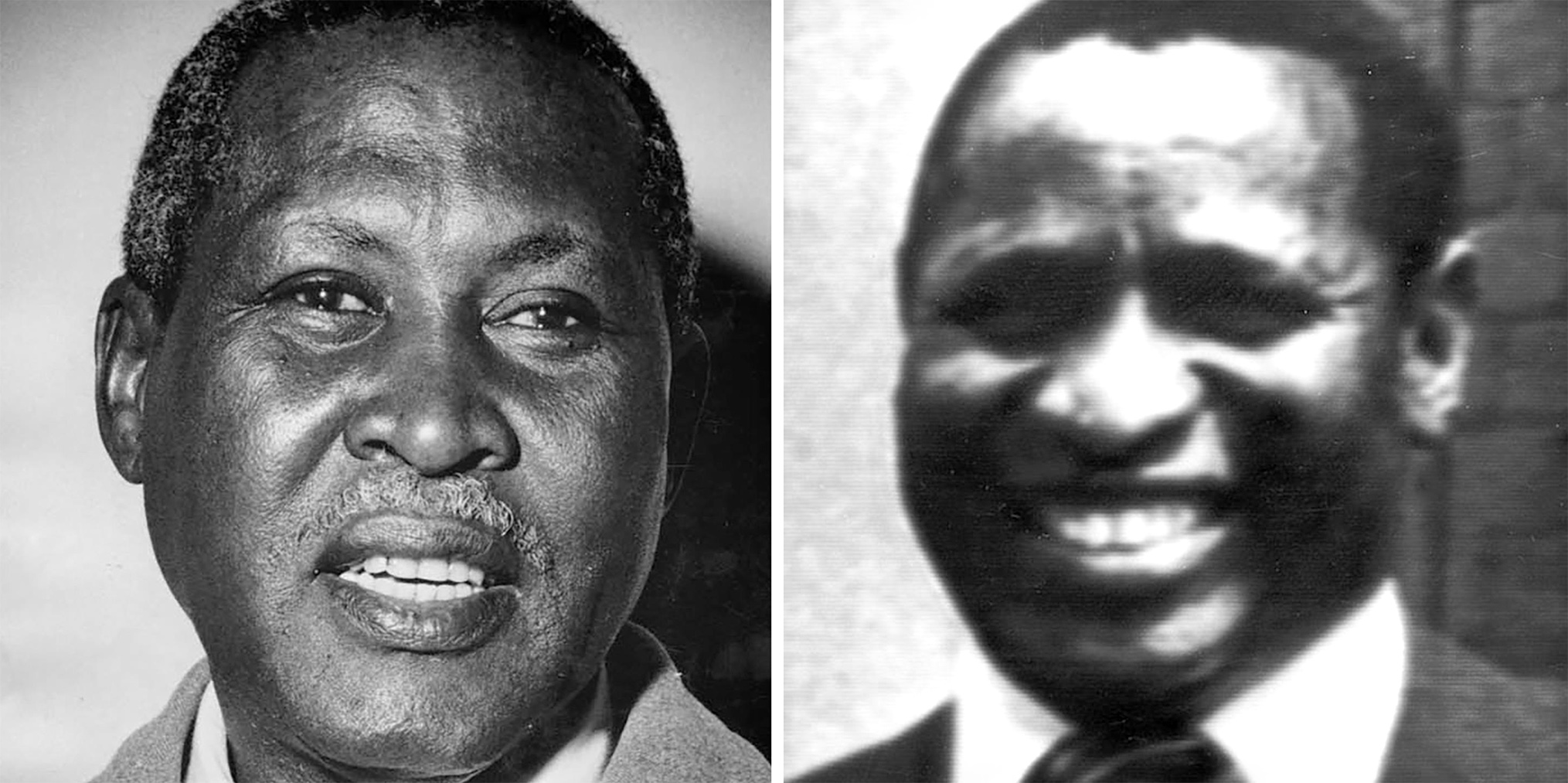Will a grieving family finally find closure over the loss of a beloved father?
Will a nation anxious for reconciliation find hope in the truth about the icon’s death?
Will a struggling political party raise its flagging fortunes by capitalising on his story?
All three could be true in the case of the inquest into the death of former ANC president and Nobel Peace Prize laureate Chief Albert Luthuli, which was officially reopened on Monday, 14 April 2025 — 58 years after his death.
While ANC supporters in black, green and gold danced and sang outside Judge Nompumelelo Radebe’s court in Pietermaritzburg, party heavyweights packed the gallery to hear the National Prosecuting Authority lay out its case for the month-long inquest.
Improbable story
The NPA says a host of experts will testify that it was “highly unlikely” that Luthuli was knocked over by a train.
It was an inherently improbable story that marked the apartheid-era inquest into the death of a man whose life thrust an international spotlight on an evil regime.
But, will the reopened inquest result in anyone being fingered for Luthuli’s death? The NPA says it has all the original inquest documents, but witnesses cannot be traced or are dead.
Citing the ruling of the reopened inquiry into the death of anti-apartheid activist Ahmed Timol (murdered by police in 1971), the NPA said an inquest must be so thorough that the public and interested parties are satisfied that there has been a full and fair investigation into the circumstances of a death.
In 1967, the Luthuli inquest magistrate concluded the cause of death was “a fractured skull, cerebral haemorrhage and contusion of the brain sustained by the deceased when he was struck by a goods train accidentally”.
That court further held that “the evidence does not disclose any criminal culpability on the part of any of the employees of the South African Railways or anyone else”.
The Luthuli family and others believe Chief Luthuli was murdered.
‘Subversion of justice’
New witnesses, including a pathologist and an expert who has reconstructed the scene, will show the 1967 court decision was “not based on facts and evidence. but rather on the subversion of justice, aimed at ensuring that the perpetrators remain hidden and protected,” the NPA’s lead prosecutor, advocate Ncedile Dunywa, said in court.
Evidence, including a letter from the 1967 inquest magistrate C Boswell to the then Secretary of Justice eight days ahead of the inquest, was telling.
Boswell wrote: “From the reports available at present, I do not expect the finding to be one other than accidental death. I gather, however, that the cause of death, as furnished by the District Surgeon, might be questioned by the relatives but I cannot anticipate on what grounds the dispute is based.”
Dunywa said evidence to be presented in the reopened inquiry would “expose collusion between the security police, district surgeons, pathologists, prosecutors, and magistrates”.
Luthuli family
In a statement, the Luthuli family said recent representations made to the National Director of Public Prosecutions “highlighted that the original inquest failed to consider critical mathematical and scientific principles”.
New “forensic analysis” showed it was unlikely the former ANC leader was struck by a train.
Dunywa said evidence would show Luthuli’s injuries (bruises on his arms and hands) were defensive. The 1967 court heard that Luthuli’s body was flung after being hit by the train, but post-mortem findings relating to the skin on Luthuli’s torso and lower limbs were at odds with him being hit by a train.
The Luthuli family statement said: “It is the sincere hope of the family — particularly his two remaining daughters, Dr Albertina Luthuli (age 93) and Ambassador Thandeka Luthuli-Gcabashe (age 90) — that the truth regarding their father’s death will finally be made public. For them, it is a matter of closure and justice; a deeply personal hope to put this matter to rest within their lifetimes.”
The ANC eagerly welcomed the decision to reopen the inquiry.
Among those giving testimony on Luthui’s role and significance will be ANC stalwart Jeff Radebe, who, along with other ANC heavyweights including Zweli Mkhize and Cyril Xaba, were in court.
The ANC offered doorstep interviews with ANC leaders before and after the court proceedings, saying the inquest represented a long-overdue step towards truth, justice, and accountability.
Differing responses
On the SABC’s live feed, the chatter was divided.
One user said justice had to be done and the truth exposed, while another said, “honestly, does it make any difference – we are being taxed by crooks and they want to distract us.”
Political analyst Xolani Dube echoed that sentiment, saying that while the inquiry was important to the Luthuli family, it was insulting to other apartheid victims.
“If this is about justice, what about the millions of others who perished under apartheid? I would say the government’s priorities should be improving the living conditions of poor children who Luthuli and Mxenge fought for. Instead, we have elites with disdain for poor people clinging to the glory of the Struggle because they are not covered in glory. They are trying to tell us they died for us and we still owe them.”
In court, the NPA’s advocate Dunywa suggested reopening the inquest wasn’t the result of ANC manoeuvring. He said in 2019, former Progressive Party leader Christopher Rawlins made representations to the National Director of Public Prosecutions calling for the investigation into the death of Luthuli to be reopened.
This was supported, and the police launched a fresh investigation which led to the Director of Public Prosecutions requesting Justice Minister Ronald Lamola to reopen the inquest.
The reopened Luthuli inquest coincided with another, also in the Pietermaritzburg High Court, into the death of anti-apartheid activist and lawyer Griffiths Mxenge in Durban in 1981. DM




